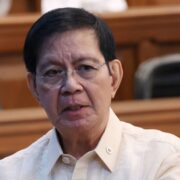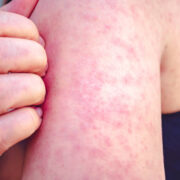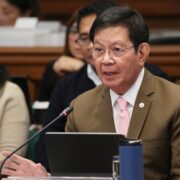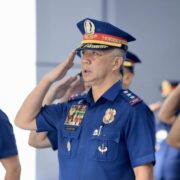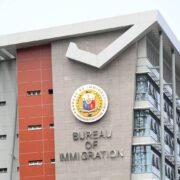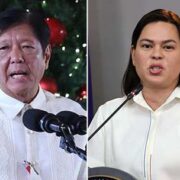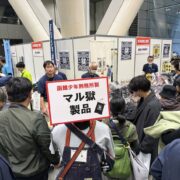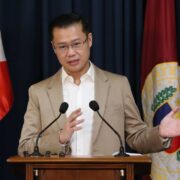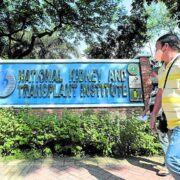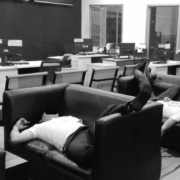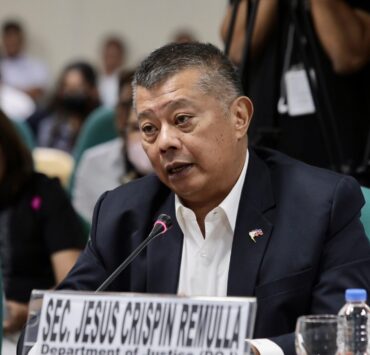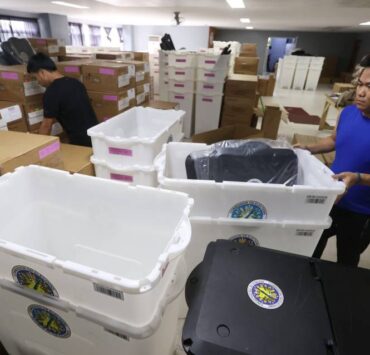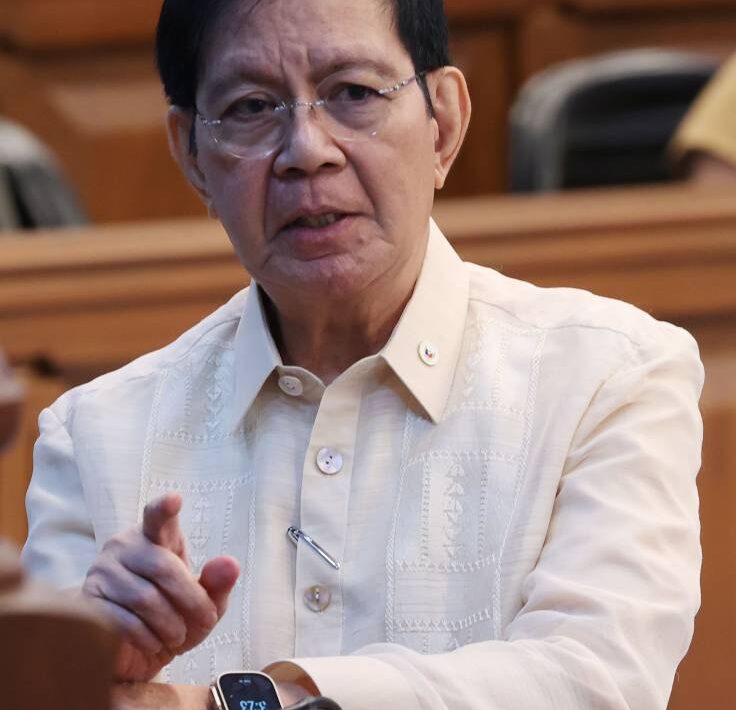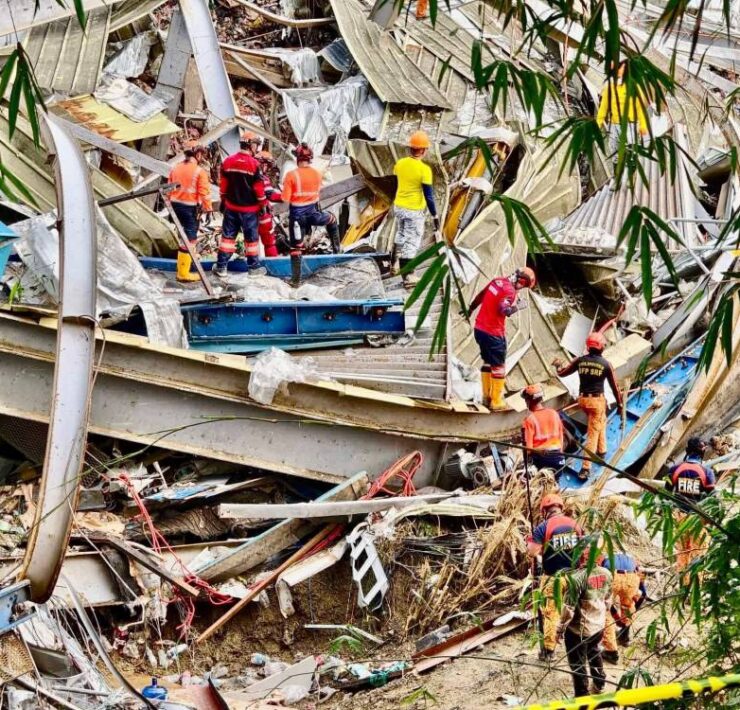PH Catholics voice expectations of successor to Pope Francis
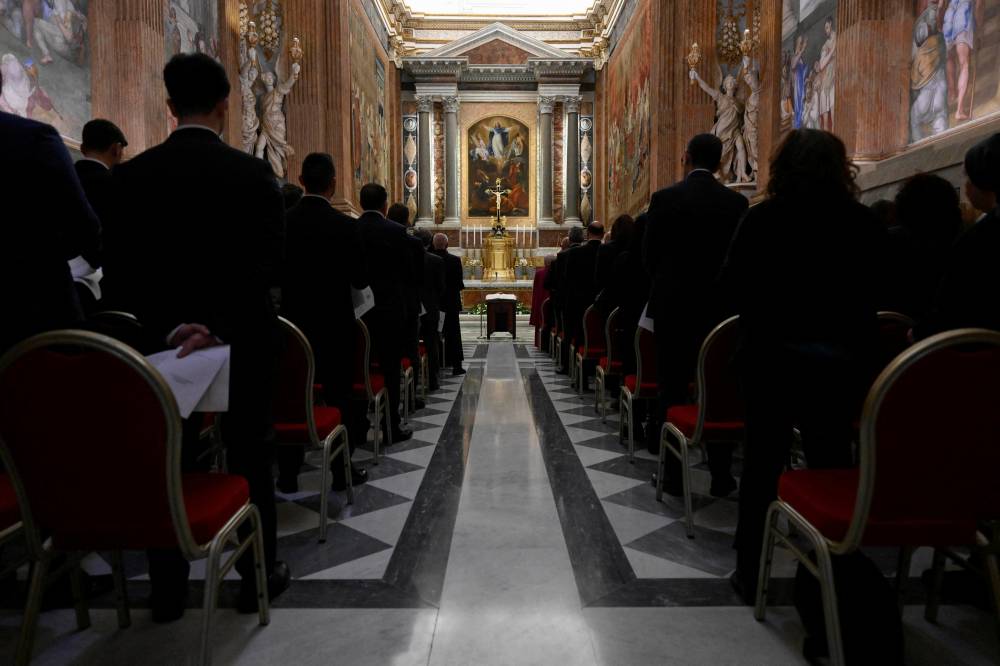
What do Filipino Catholics expect of the next pope?
That was the question from Cardinal Pablo Virgilio David to the faithful on his Facebook page ahead of the start of Wednesday’s conclave to elect the new leader of the 1.4 billion Catholics around the world.
“I found my eyes welling up with tears just reading each one [of the responses] seriously. It took me about an hour to finish reading them,” the Kalookan bishop and president of the Catholic Bishops’ Conference of the Philippines, said in a post on Monday.
Among the hundreds of replies, one said that “as the conclave begins, I pray for the election of a new pope who courageously continues the groundbreaking reforms of Pope Francis and embodies the same spirit of openness and welcome to all.”
Another prays for a new pope who will be a “bridge builder—[one who] helps with healing divisions and who will be someone who has the heart of a shepherd.”
“As the conclave begins, I pray for the election of a new pope who is guided by the Holy Spirit, rooted in the truth of the Gospel, and filled with compassion and courage to lead the Church in love, unity, and faithfulness to Christ,” wrote another.
Positive response
According to David, he shared the replies with some of the cardinal-electors, who responded positively.
One cardinal told him in a text message: “Maybe instead of just us talking at the pre-conclave sessions, for the next conclave, we can propose that the Vatican Dicastery for Social Communications conduct a similar inquiry and then have the responses synthesized through AI (artificial intelligence) into common points raised by people sectorally—young people, professionals, laborers, women, consecrated persons, etc. It’s a good way of getting a feel of the sensus fidelium (Latin for sense of the faithful).”
According to the Catechism of the Catholic Church, it is the “supernatural appreciation of faith on the part of the whole people, when, from the bishops to the last of the faithful, they manifest a universal consent in matters of faith and morals.”
It will be the first time that David, 66, and Cardinal Jose Advincula, 73, archbishop of Manila, will be participating in a conclave. They will be joining another Filipino, Cardinal Luis Antonio Tagle, 67, proprefect at the Dicastery for Evangelization.
David had discouraged the faithful from publicly speculating and showing preferences for certain personalities as the next leader of the Catholic Church.
He asked, instead, that they support the cardinals with prayers to hear the voice of the Holy Spirit in choosing the 267th pope.
89 votes needed
Cardinal Giovanni Battista Re, the dean of the College of Cardinals, will preside over the Mass ahead of the conclave that will be held on May 7, 10 a.m. (4 p.m. Manila time).
The conclave proper will start at 4:30 p.m. (10:30 p.m. Manila time), behind the closed, wooden doors of the 16th-century Sistine Chapel of St. Peter’s Basilica.
Each cardinal elector will pledge to maintain absolute secrecy regarding everything related to the election of the new pontiff and to refrain from supporting any external interference in the election.
Of the more than 250 cardinals from different countries around the world, 135 are considered cardinal electors, or those who can vote for the next pope.
However, only 133 will be participating in the conclave because one from Spain and another from Kenya will not be joining for health reasons, the Vatican said.
The successor to Francis will require at least a two-thirds majority, or 89 votes.
All of the 133 cardinals have arrived in Rome, the Vatican said on Monday.
Conclaves are often spread out over several days, with multiple votes held before a contender wins the necessary majority to become pope.
Some cardinals are looking for a new pope who will continue with Francis’ push for a more transparent, welcoming Church, while others are seeking retrenchment to more traditional roots that put a premium on doctrine.
The world’s Catholic cardinals have been meeting on a near daily basis since the day after Francis died on April 21 to discuss the state of the Church, with the numbers of participating clerics gradually swelling.
Among the questions addressed last Monday were “strong concern” about divisions within the Church, said the Vatican spokesperson—a possible reference to splits over Francis’ decision to allow blessings for same-sex partners and to open discussion about the role of women in the Church.
Cardinals also talked about the profile of a future pope—“a figure who must be present, close, capable of being a bridge and a guide … a shepherd close to the real life of the people,” the spokesperson said.
While there are a few cardinals seen as potential front-runners to succeed Francis—two often mentioned are Italian Cardinal Pietro Parolin and Tagle—many of the voting clerics have not made up their minds.
“My list is changing, and I think it will continue to change over the next few days,” British Cardinal Vincent Nichols, participating in his first conclave, told Reuters. “It’s a process which for me is far from concluded, far from concluded.”
German Cardinal Walter Kasper, who is 92 and cannot take part in the vote, said he was sure the electors would choose someone to pursue Francis’ progressive agenda.
“I believe that there is a very clear expectation. People want a pope to follow Francis. A pastor who knows the language of the heart, who does not close himself in palaces,” Kasper told La Stampa newspaper. —WITH A REPORT FROM REUTERS


